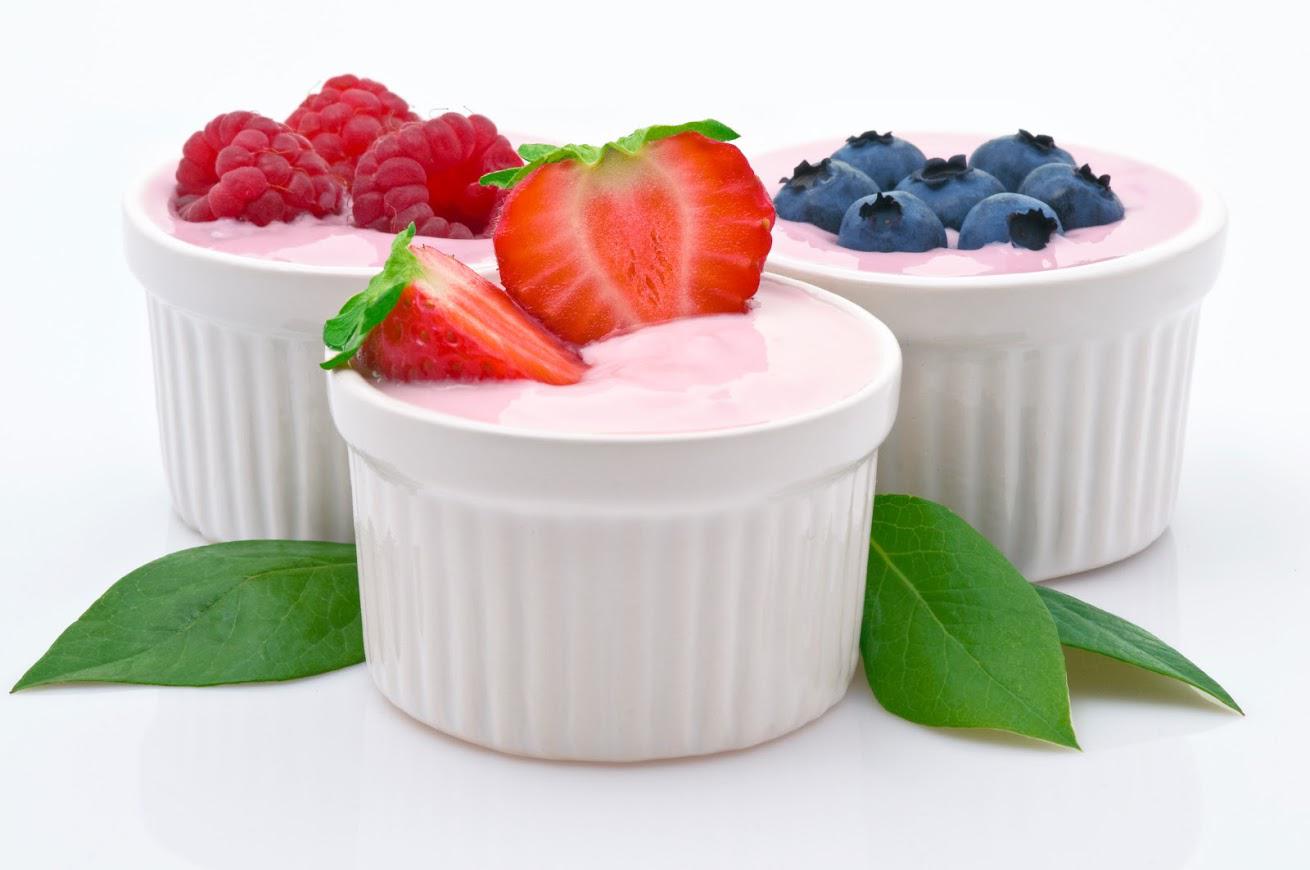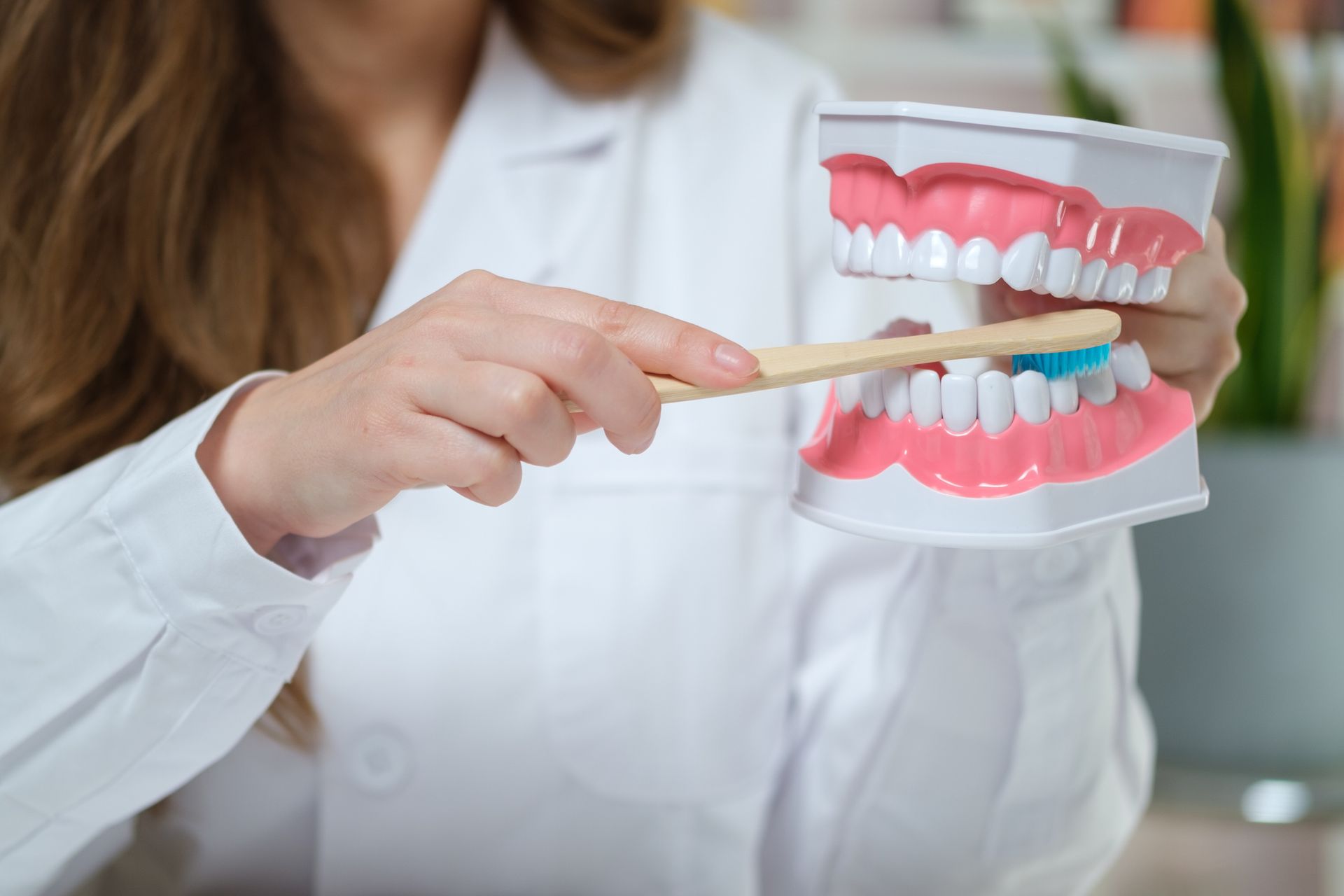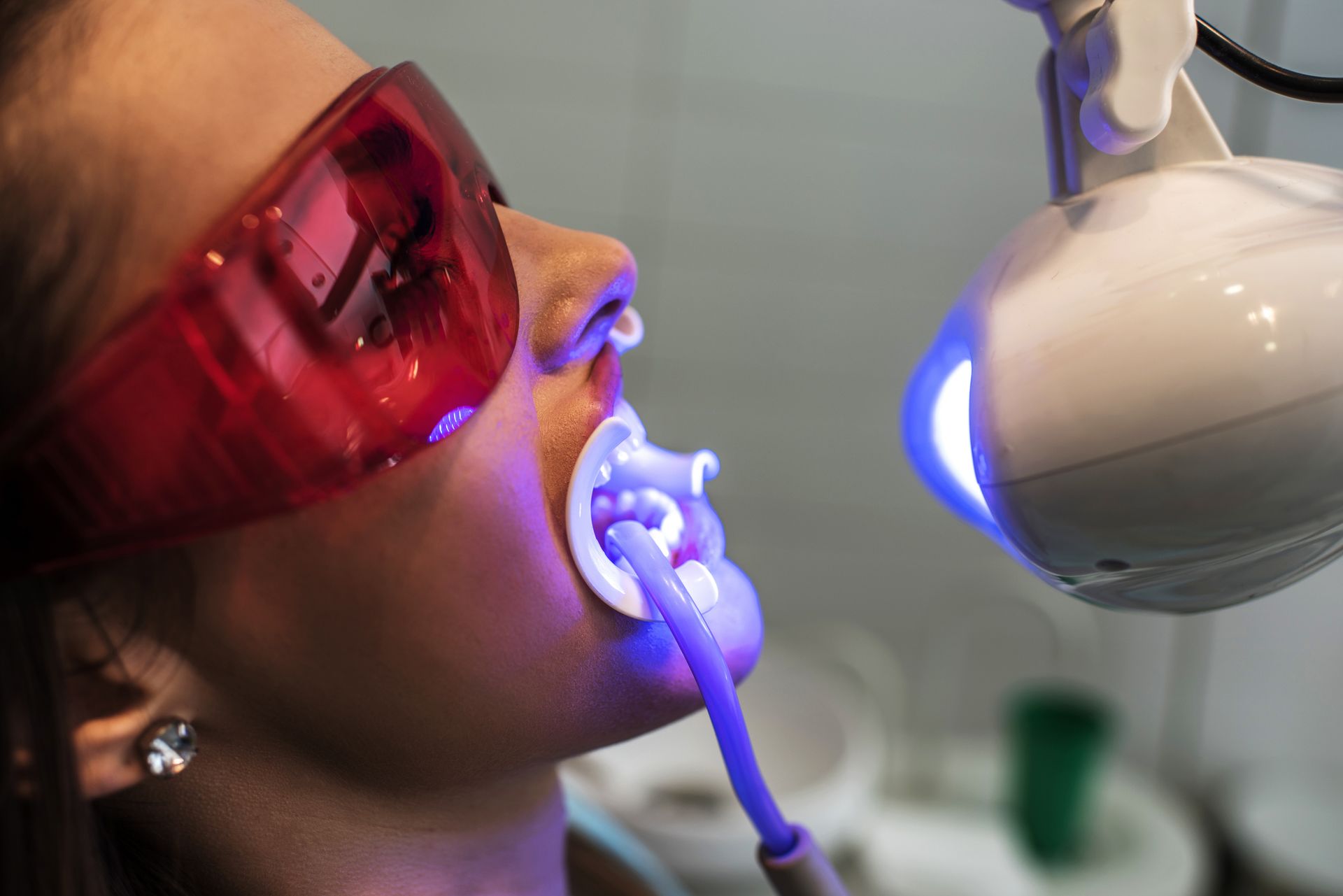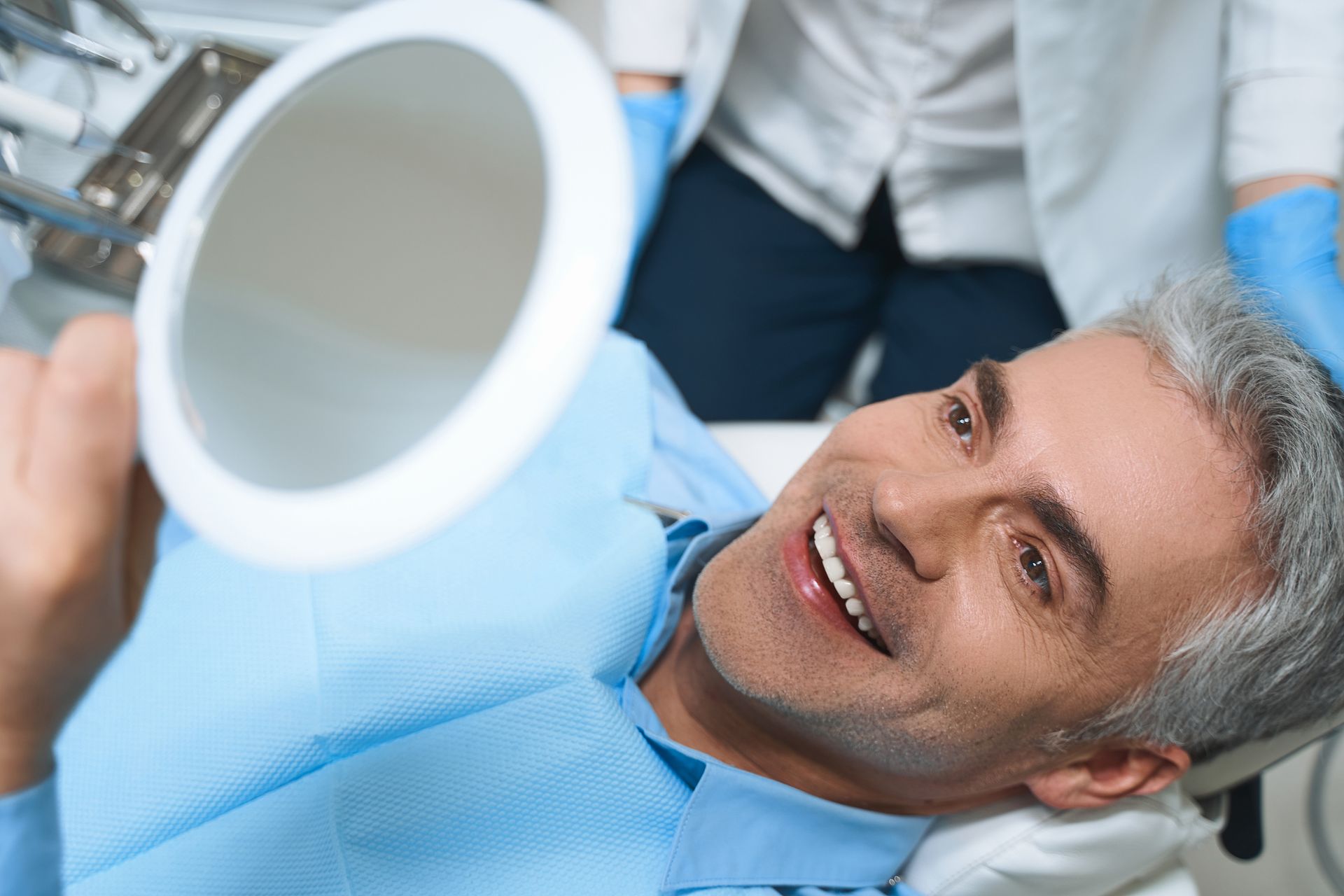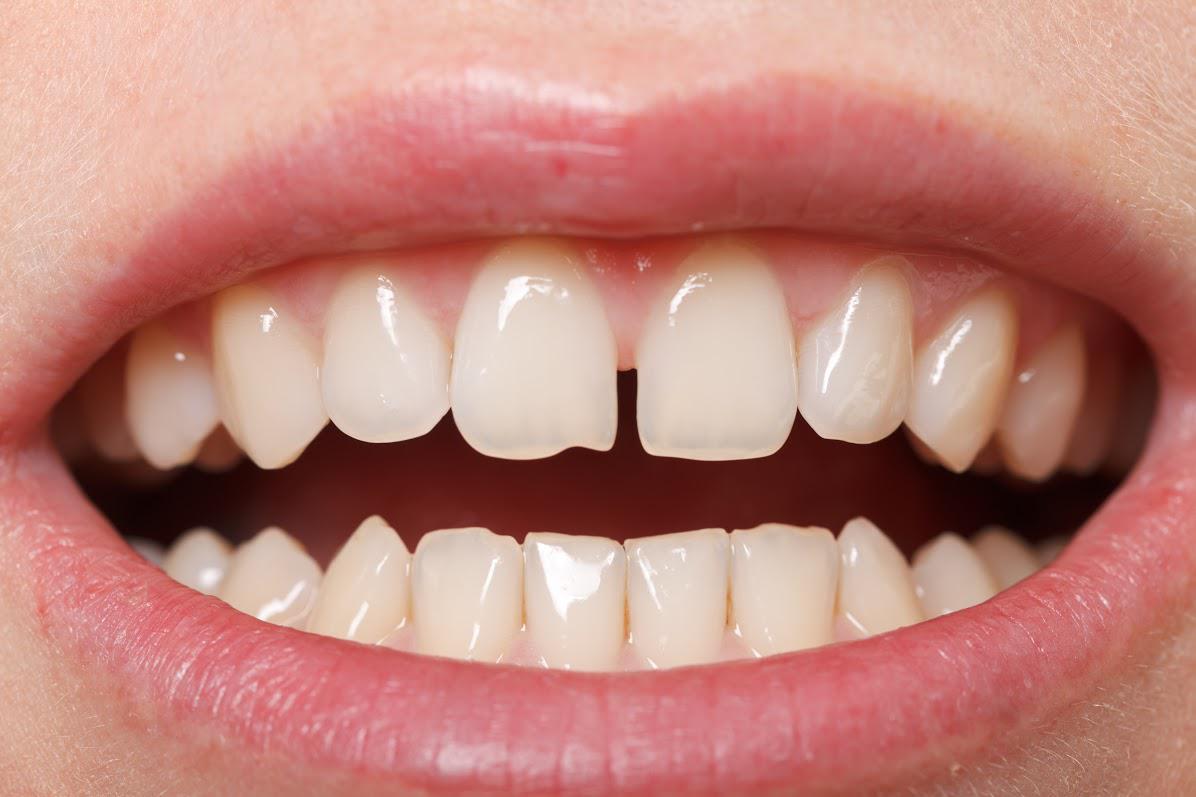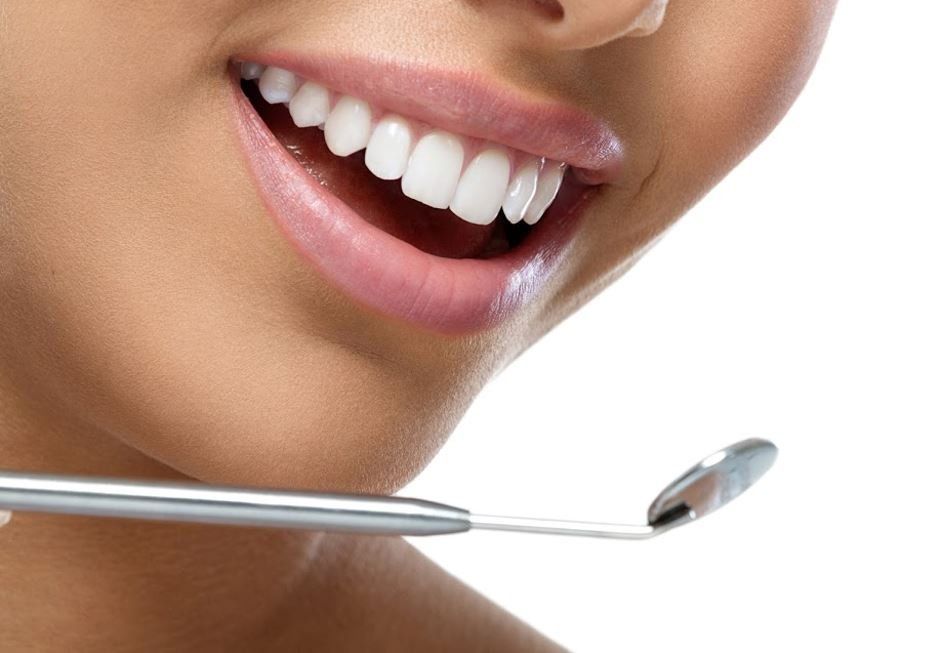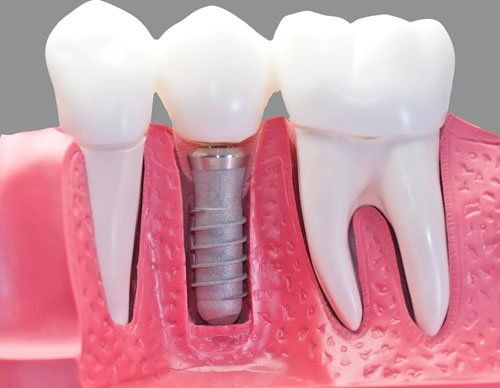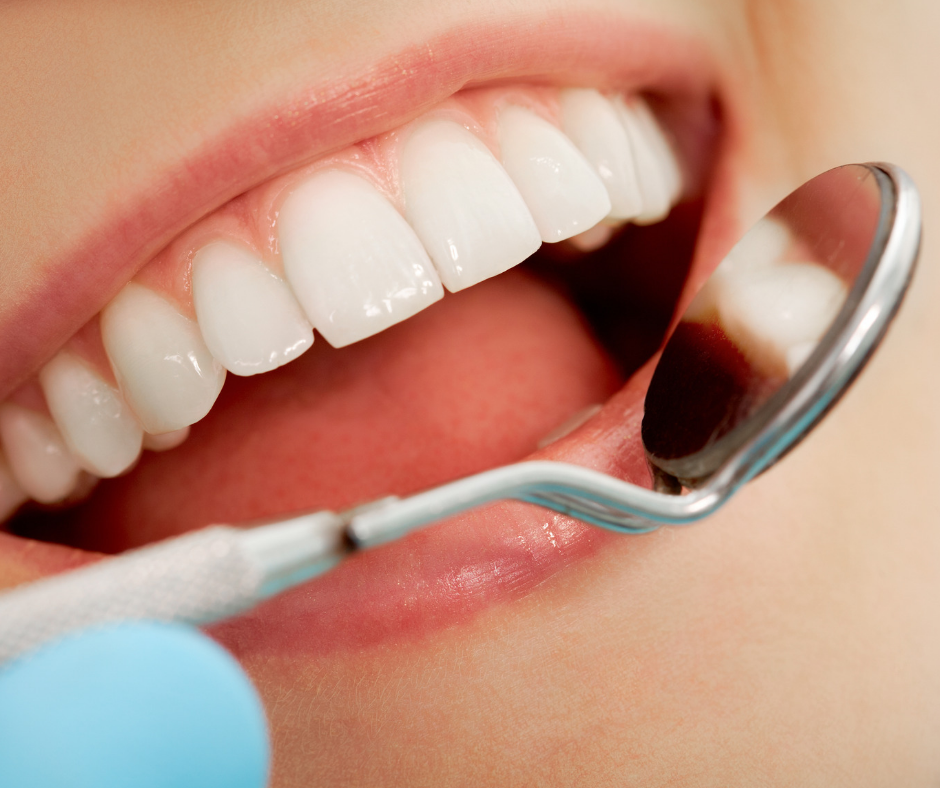Snacks Could Be Bad for Your Teeth and Gums
If you only snack on protein bars, yogurt, and veggie chips during the day or after exercise, change the way you eat now. Although the items above contain many essential vitamins and minerals, the snack foods also contain hidden artificial sugars. When left unchecked, artificial sugar can wreak havoc on your teeth and gums.
Here's how your snack habits affect your teeth and what you can enjoy instead.
Why Is the Sugar in Your Snacks Harmful?
Whether they’re protein-enriched bars or low-fat yogurt, the snacks you eat on a daily basis contain some type of artificial sugar, such as sucrose and barley malt. Even in small amounts, artificial sugar can lead to tooth decay and periodontal disease (gum disease) if you allow it to stay on your tooth enamel all day or night.
Your mouth is home to a host of microbes, or bacteria. Most of the microbes living on the soft and hard tissues in your mouth don't create issues for you. The organisms procreate, live, die, and repeat their cycles on a daily basis. However, some types of organisms can cause serious problems for you, including Streptococcus mutans.
Streptococcus mutans can cause tooth decay by feeding on the sugar coating your tooth enamel. The feeding organisms create a soft and yellowish film called plaque. This film forms a slimy barrier over the surfaces of your enamel, along the line of your gums, and between the spaces of your teeth crowns.
Plaque isn't the only thing dangerous mouth bacteria cause in your mouth. The organisms also release an acidic substance when they feed. The acid attacks the surfaces of your enamel until it weakens and demineralizes it. Eventually, your tooth enamel develops small discolorations and holes (cavities).
Along with tooth decay, plaque can potentially lead to gum disease if it builds up around your gumline and hardens into tartar. Tartar gradually pushes into the spaces below your gumline until it inflames your gum tissue. Unlike plaque, you can't remove tartar with floss or a toothbrush. In most cases, a dentist has to use their expertise to remove tartar from your teeth.
You can protect your teeth and gums from the serious dental issues above by changing your snack habits.
How Do You Snack Without Damaging Your Teeth?
Instead of enjoying protein bars and snack chips, opt for natural fruit. Most fruit contains small amounts of sugar that may not be as damaging to your tooth enamel as the sugar found in snack bars and chips. Also, choose fresh or whole fruit instead of canned or processed products, which may contain artificial syrups.
Choose unsweetened yogurt and cottage cheese products for your dairy snacks. Although tasty, flavored dairy foods can contain excessive amounts of sugar and other artificial additives. If you choose flavored dairy items as snacks, only opt for products with all-natural ingredients.
You also want to stay hydrated during the day by drinking plain water. Although fruit smoothies, vegetable cocktails, and sports drinks taste great on a hot day, the beverages contain harsh acids that break down your tooth enamel. Water not only refreshes your palate, it keeps your gums, tongue, and teeth moist and healthy.
If you experience any issues with your teeth and gums after making the simple changes above, contact a dentist for care. A dentist can examine your teeth and gums for decay or inflammation and make the best recommendations or treatments for them. For instance, if you have cavities, a dentist can restore them with fillings and crowns .
Your busy lifestyle might make changing to healthy snack choices difficult. But with the right tips and dental help, you can protect your teeth and gums. If you have questions about your diet or dental health, contact the office of Gregory S. Rutherford, DDS, PA for an appointment.

